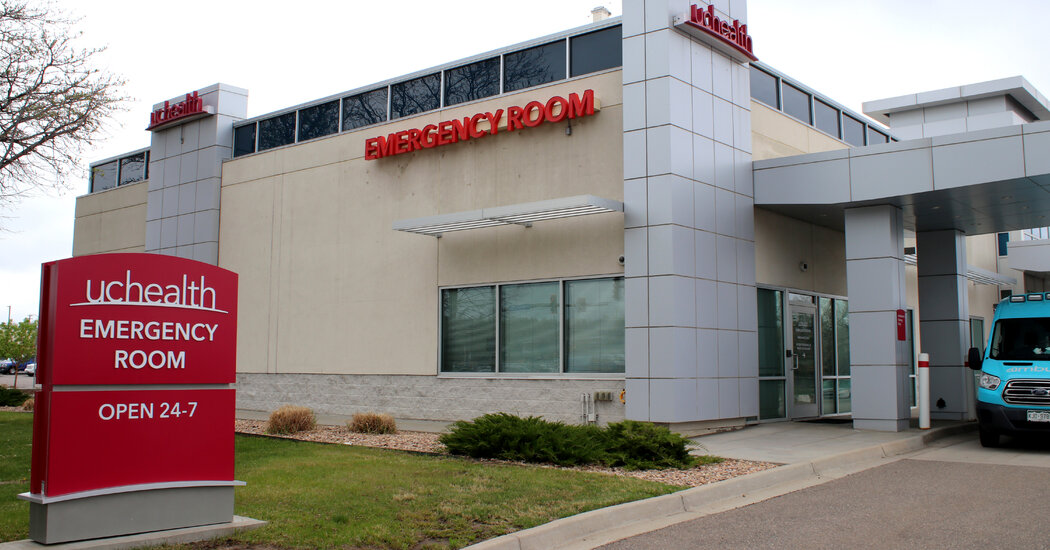
A Colorado health system told a prospective kidney transplant recipient that she would not receive an organ donation if she remained unvaccinated against the coronavirus, a state lawmaker said this week.
Representative Tim Geitner, a Republican, said in a Facebook Live post on Tuesday that a local resident had received a letter from the service, UCHealth, stating that her status on the transplant waiting list had been changed to inactive.
“Unfortunately and sadly, UCHealth has said that unless and until this individual is willing to take a Covid vaccine, that they will not be able to perform this lifesaving surgery,” Mr. Geitner said.
Posting on Twitter, Mr. Geitner shared a letter from UCHealth to the patient that cited “noncompliance.” The letter, dated Sept. 28, advised the patient that she had 30 days to “begin the vaccination series” and that she would be removed from the list if she did not.
UCHealth did not immediately respond to a request for comment on Wednesday. But the health system told 9 News, a local television station, on Tuesday that organ transplant recipients and living donors were required to be vaccinated against Covid-19 “in almost all situations.”
Mr. Geitner said that the patient had about 12 percent of her kidney function left and that she had found a donor.
UCHealth told the TV station that studies had shown that transplant recipients who later tested positive for Covid-19 had a significantly higher mortality rate, of 18 to 32 percent, compared with 1.6 percent among those in the general population who tested positive.
The health system said its policy stemmed from that mortality rate and from concern that living donors could pass on the virus.
A hospital spokesman told The Denver Post that transplant patients were generally required to meet similar requirements before and after surgery, even before the pandemic. “Patients may be required to receive vaccinations including hepatitis B, MMR and others,” the spokesman told the paper in an email. “Patients may also be required to avoid alcohol, stop smoking, or prove they will be able to continue taking their anti-rejection medications long after their transplant surgery.”
The patient, Leilani Lutali, told the TV station that she had learned of the hospital’s policy as her donor was undergoing required testing. She said that she worried about how the vaccines might affect her health in the future, and that she and her donor had declined them for religious reasons.
“I’m being coerced into making a decision that is one I’m not comfortable making right now in order to live,” Ms. Lutali said.




